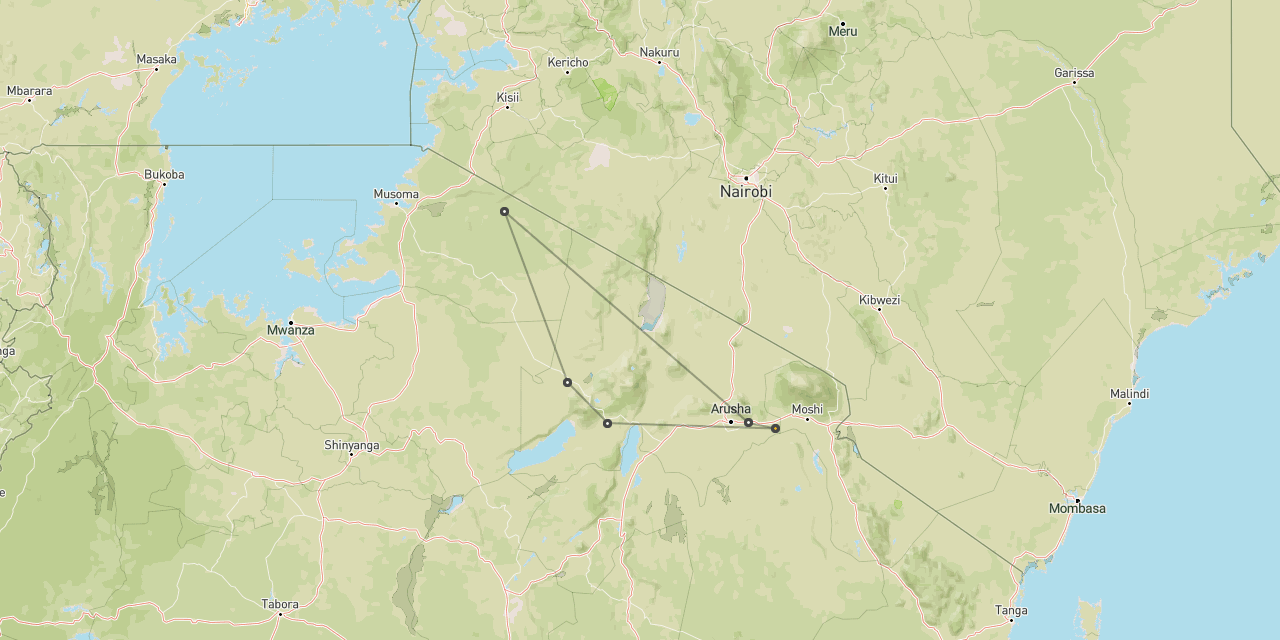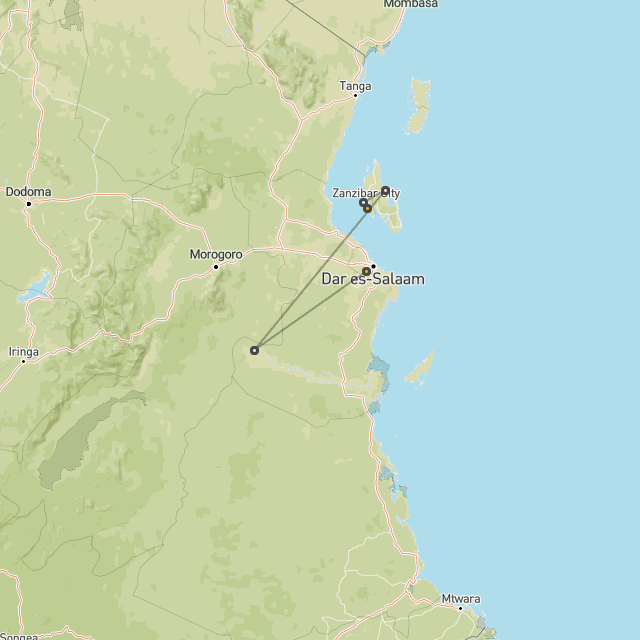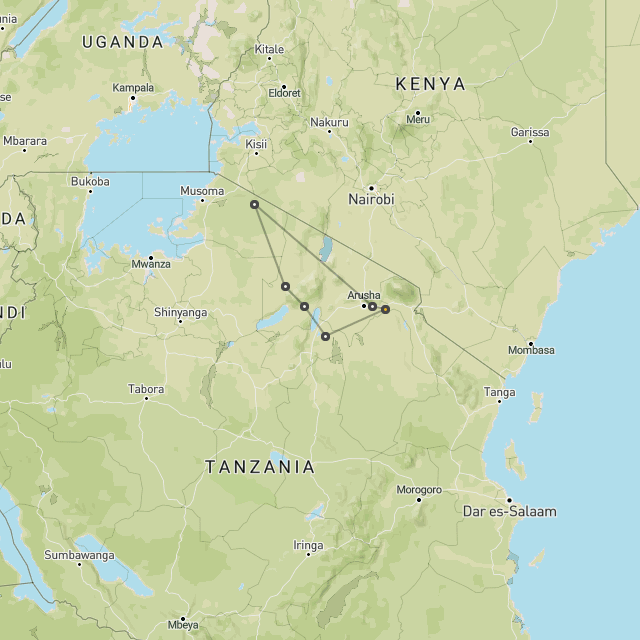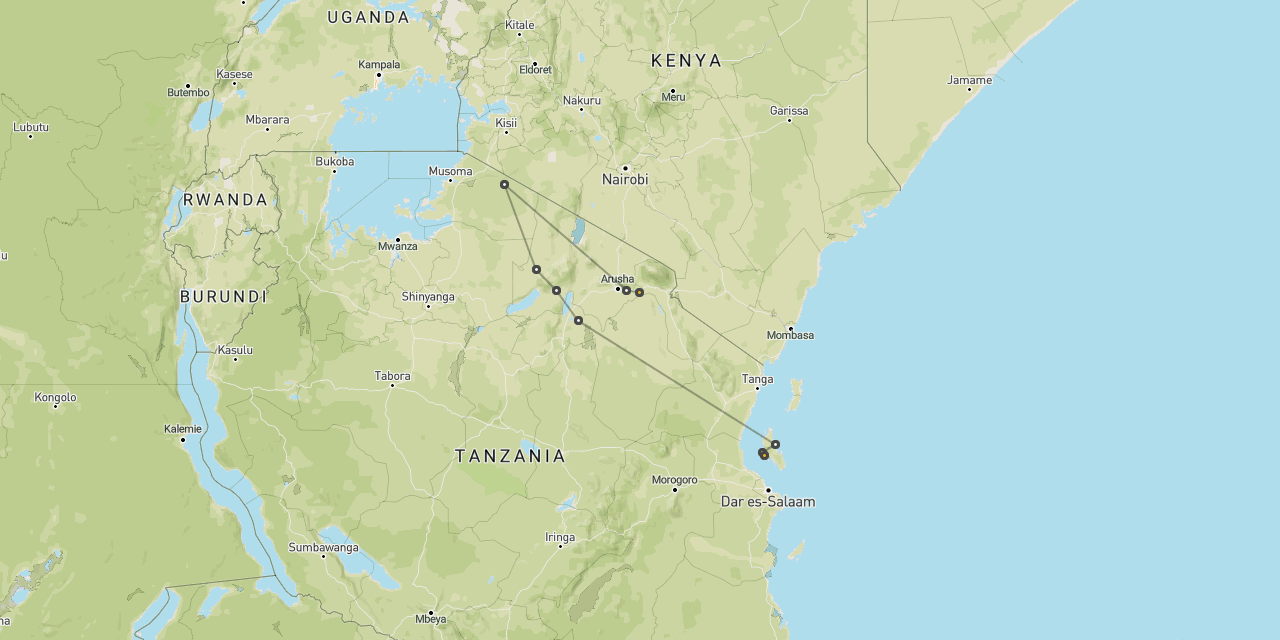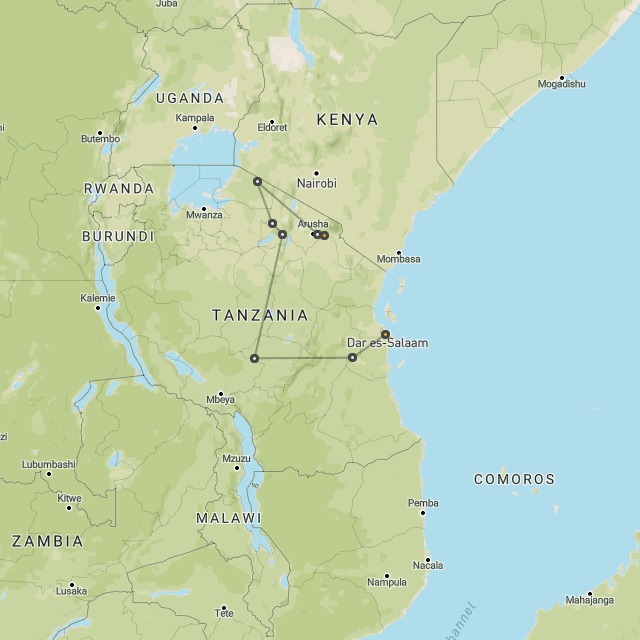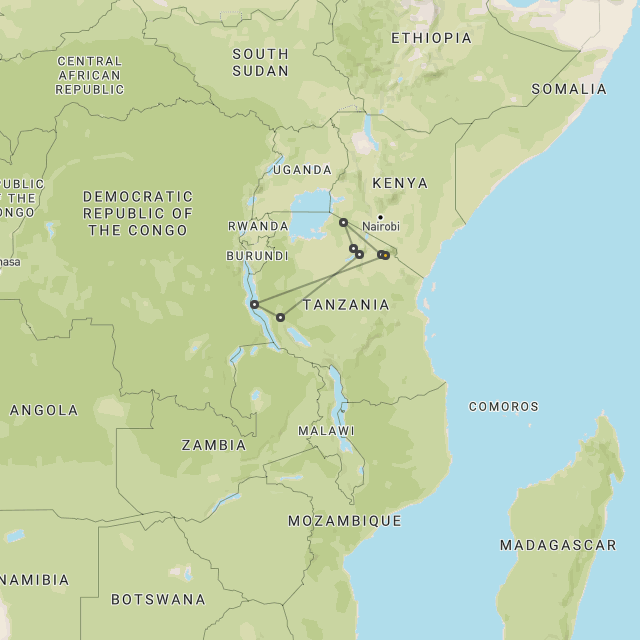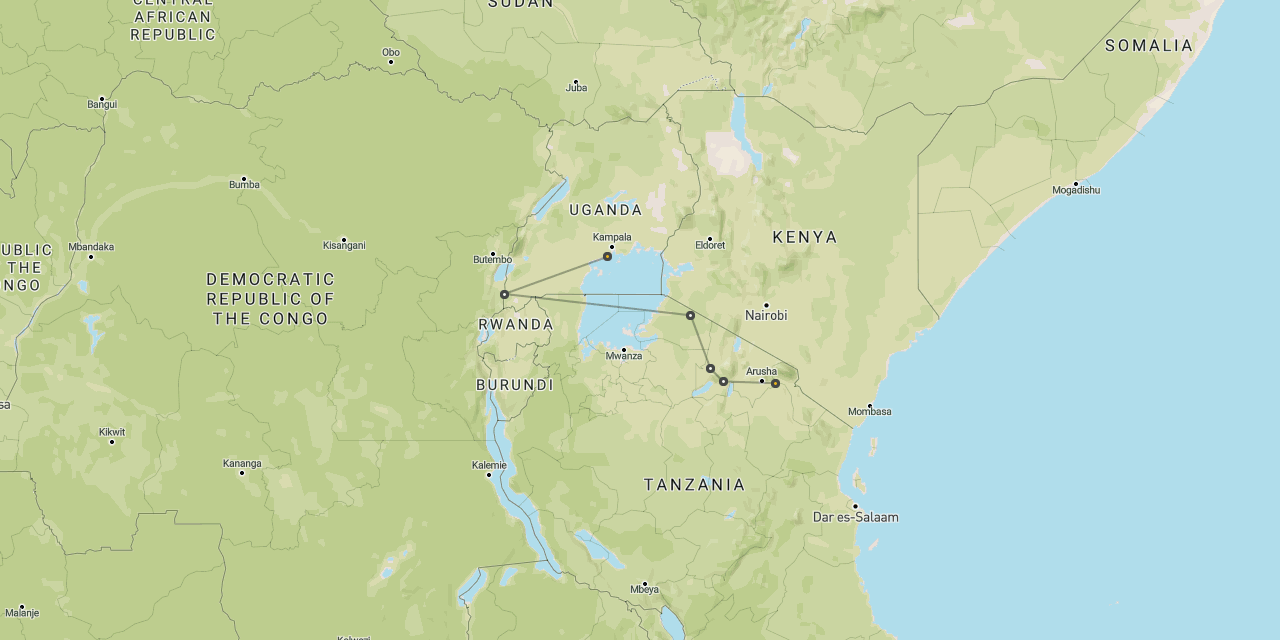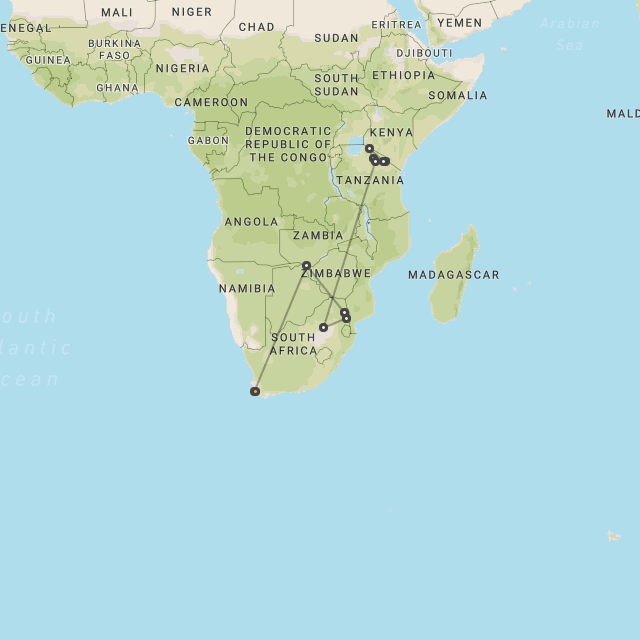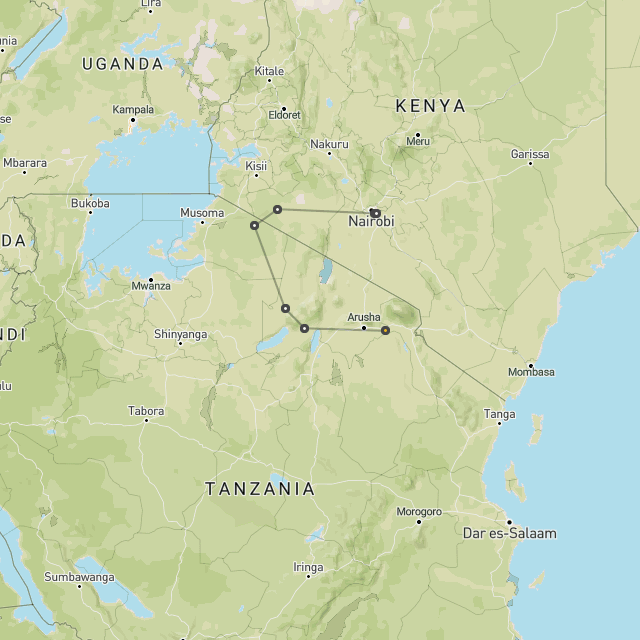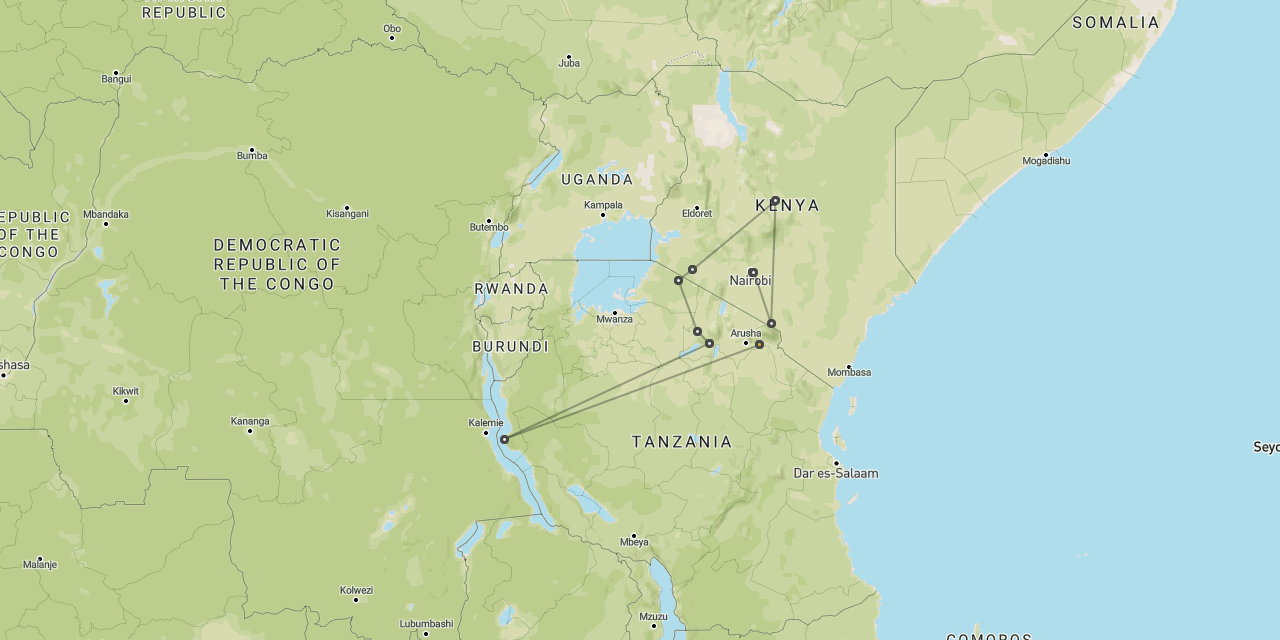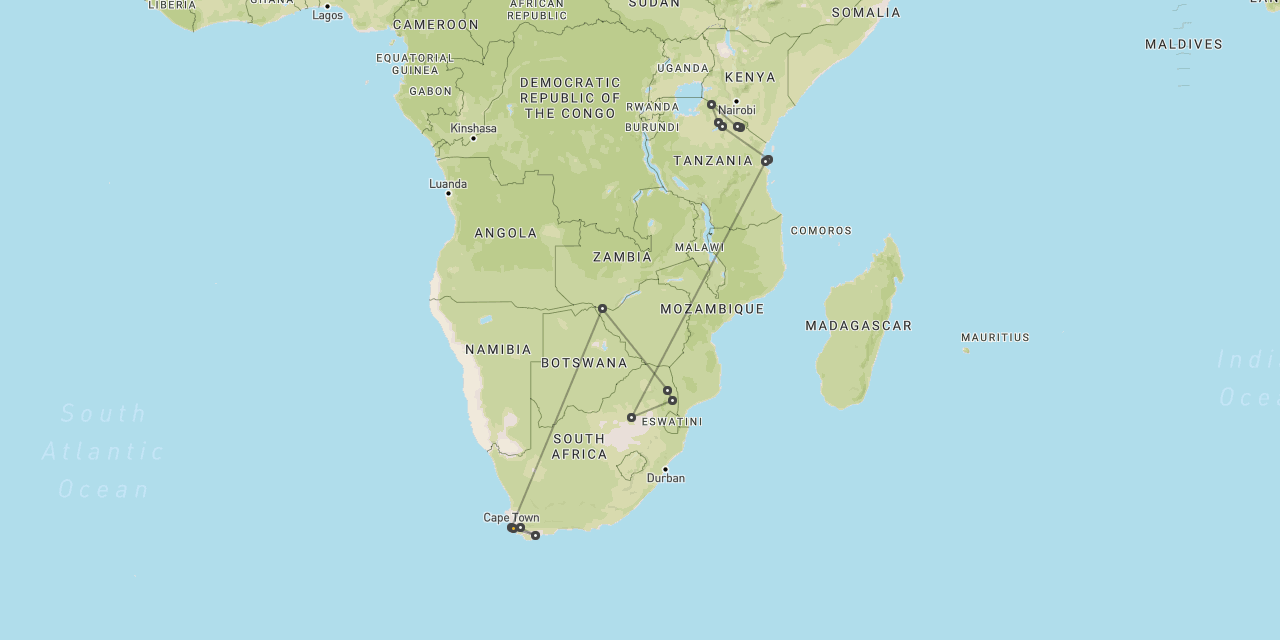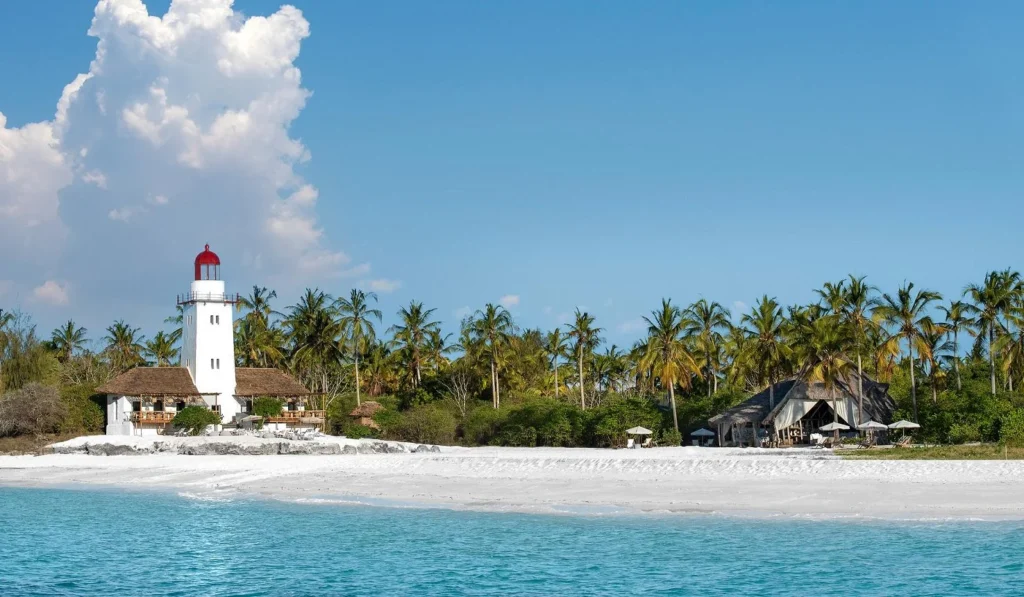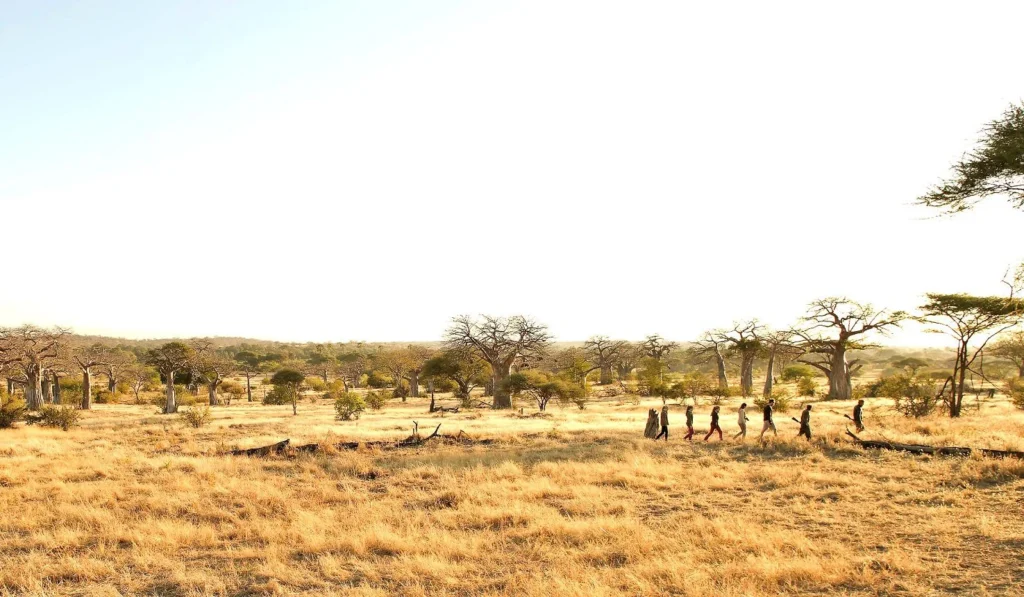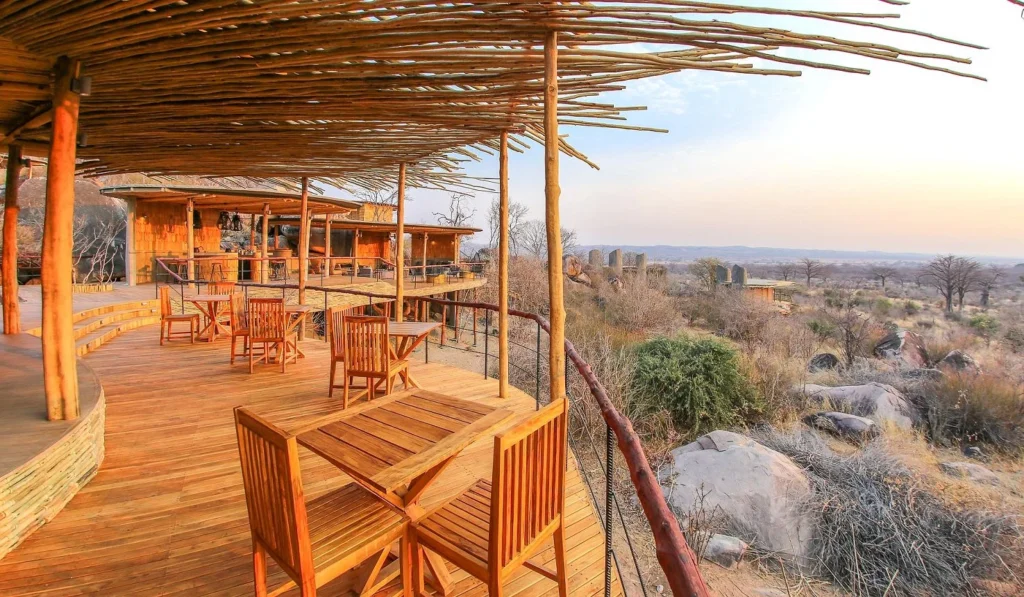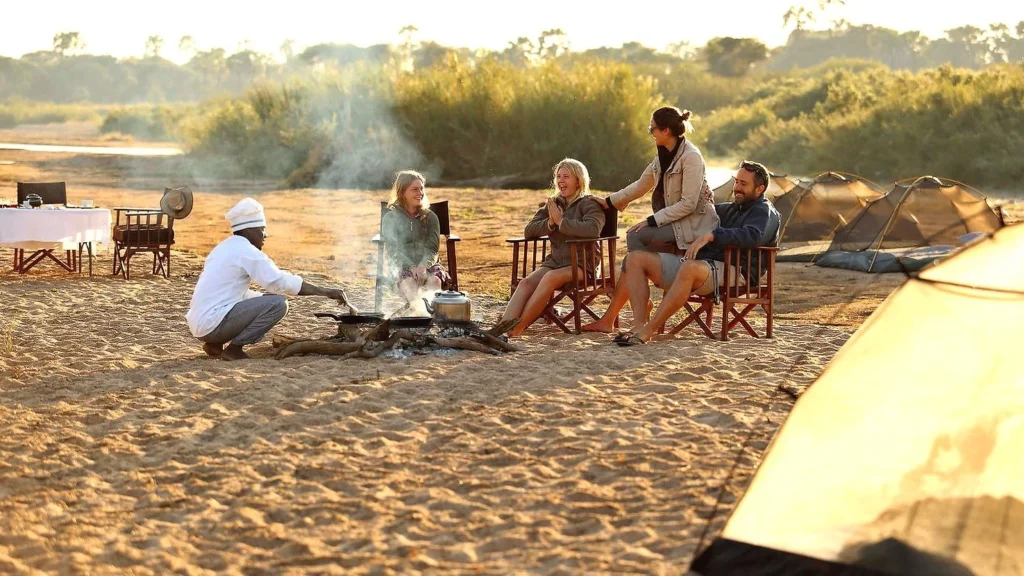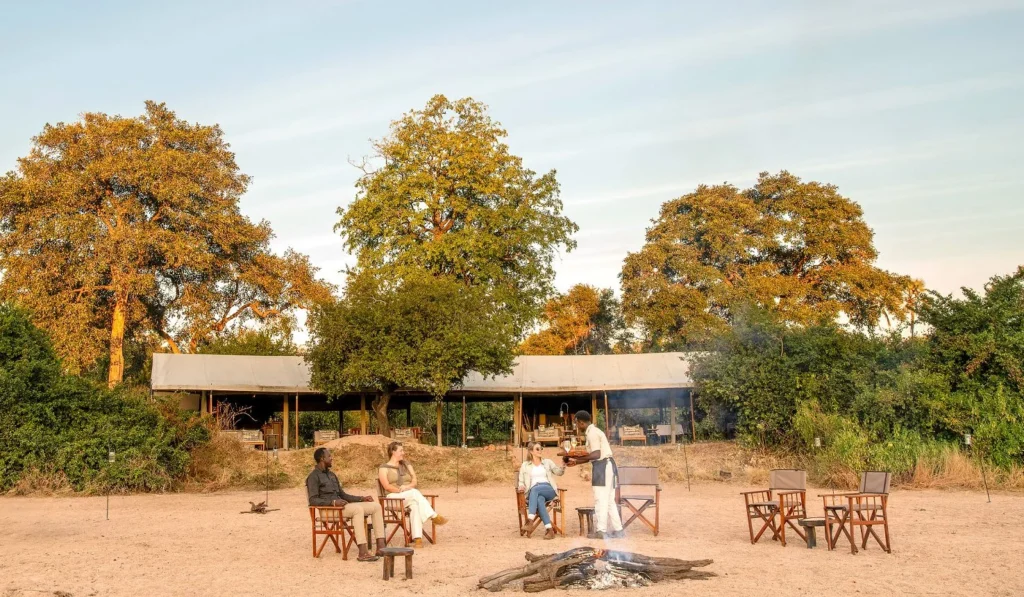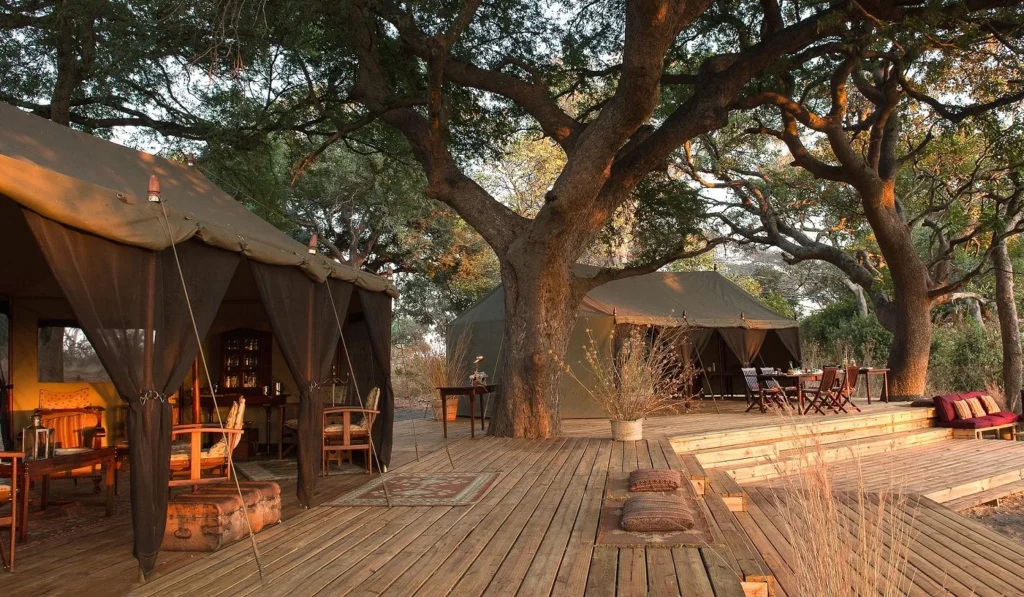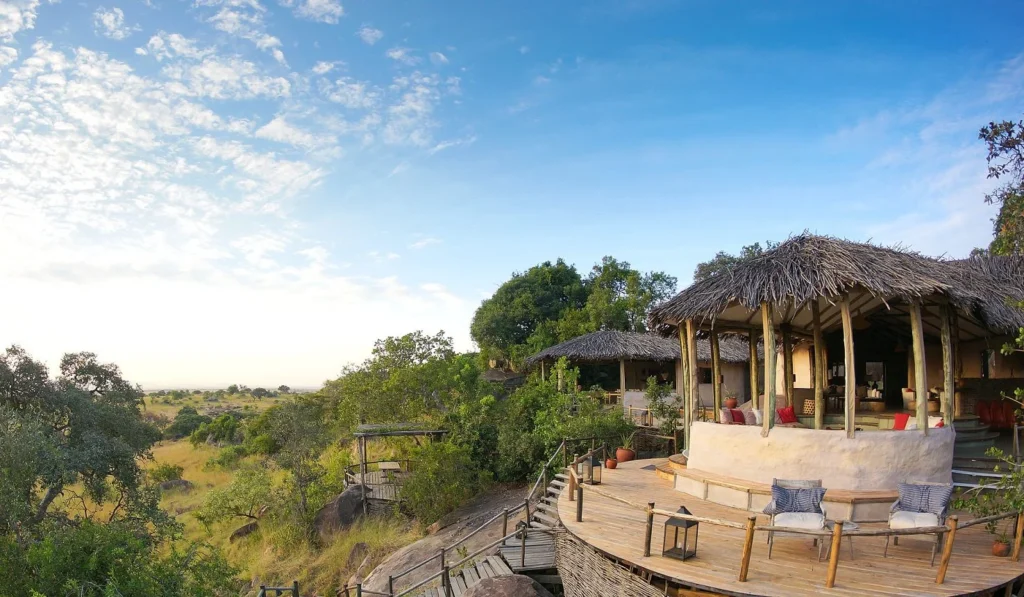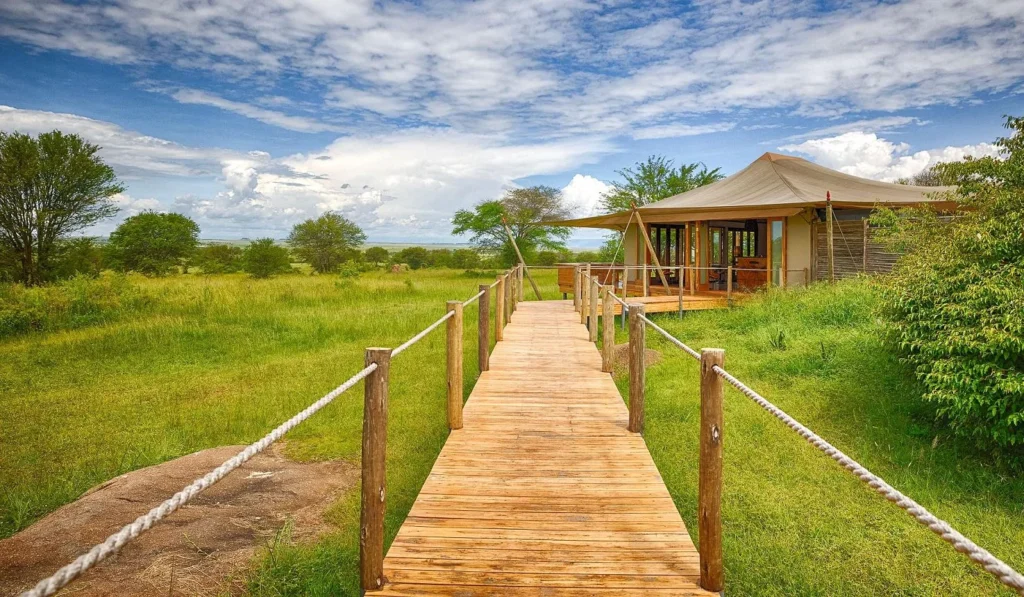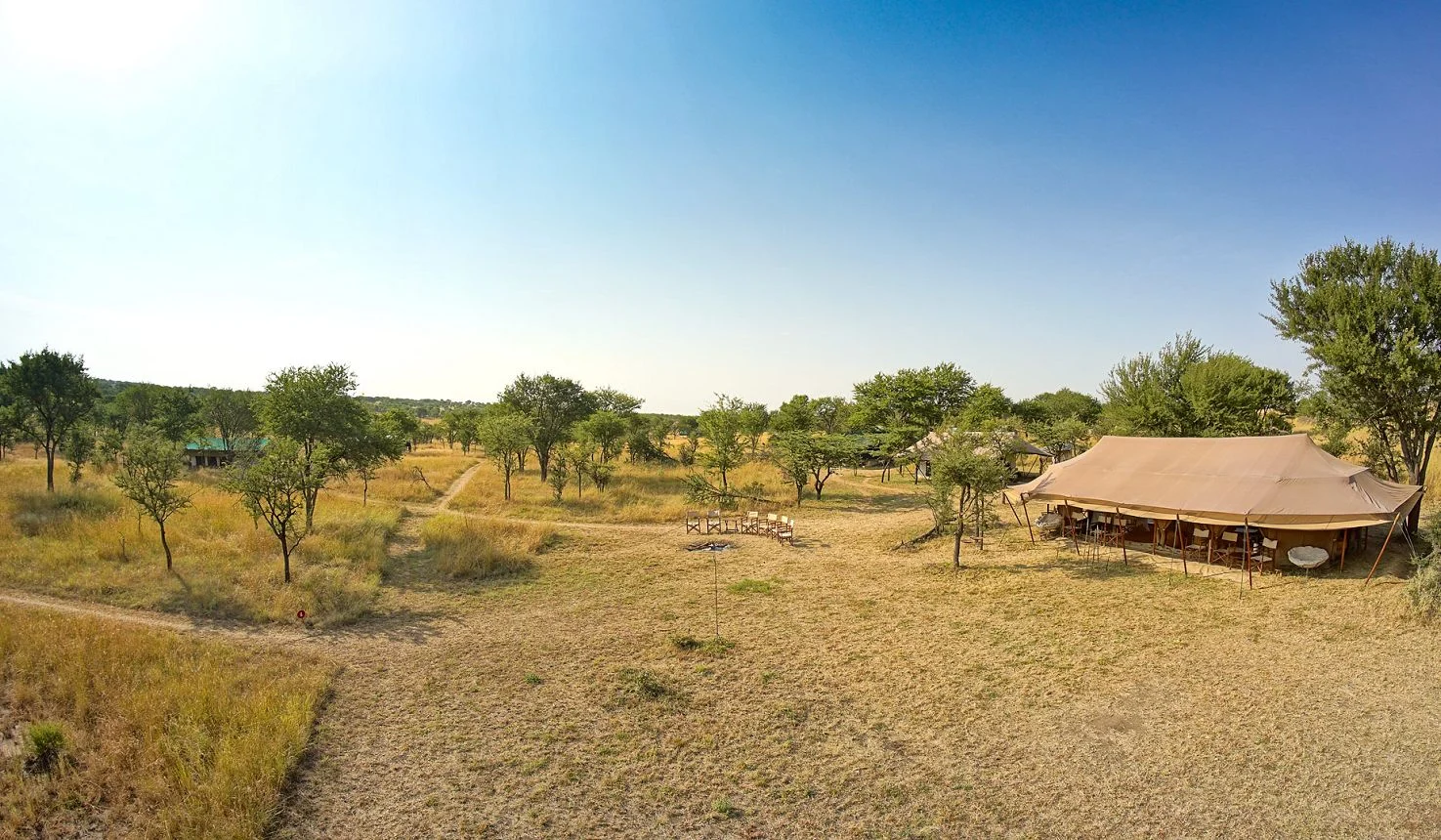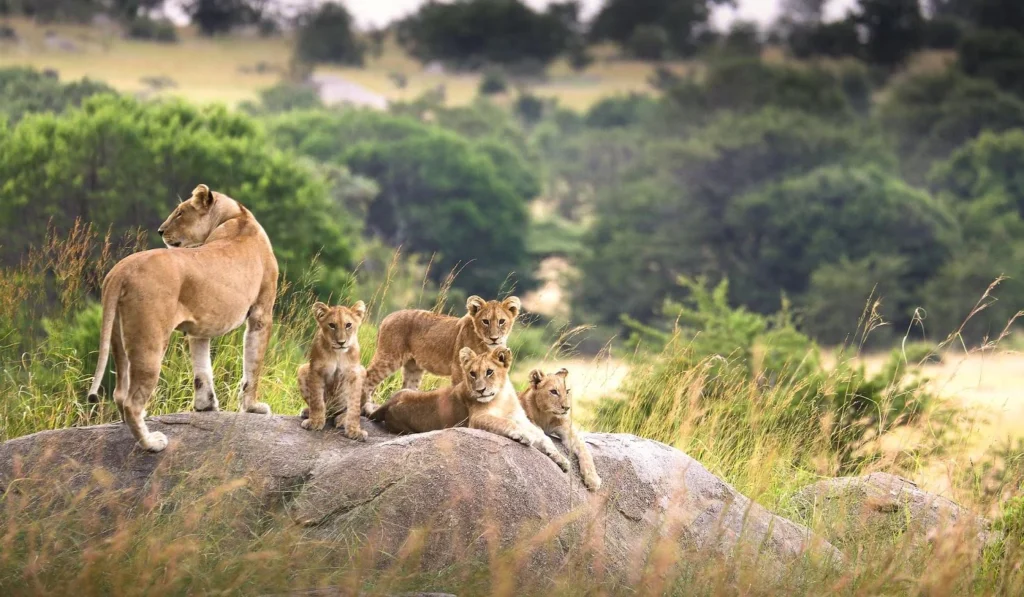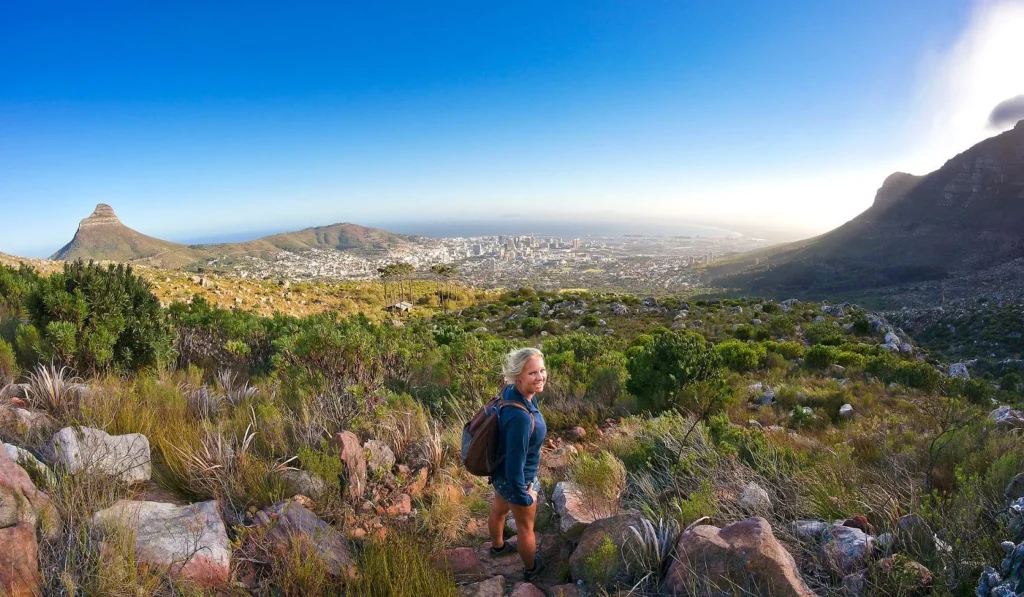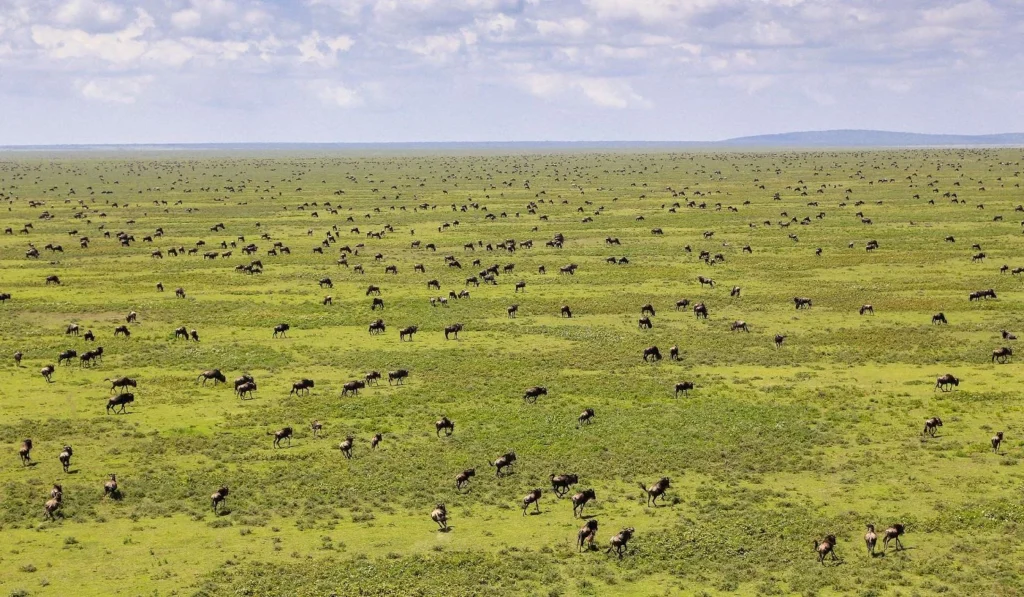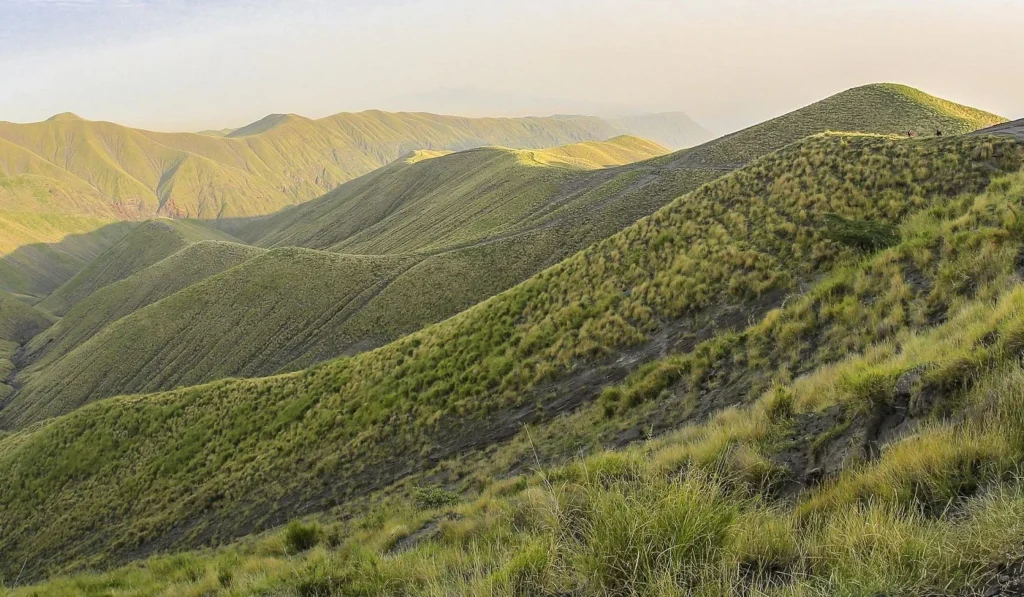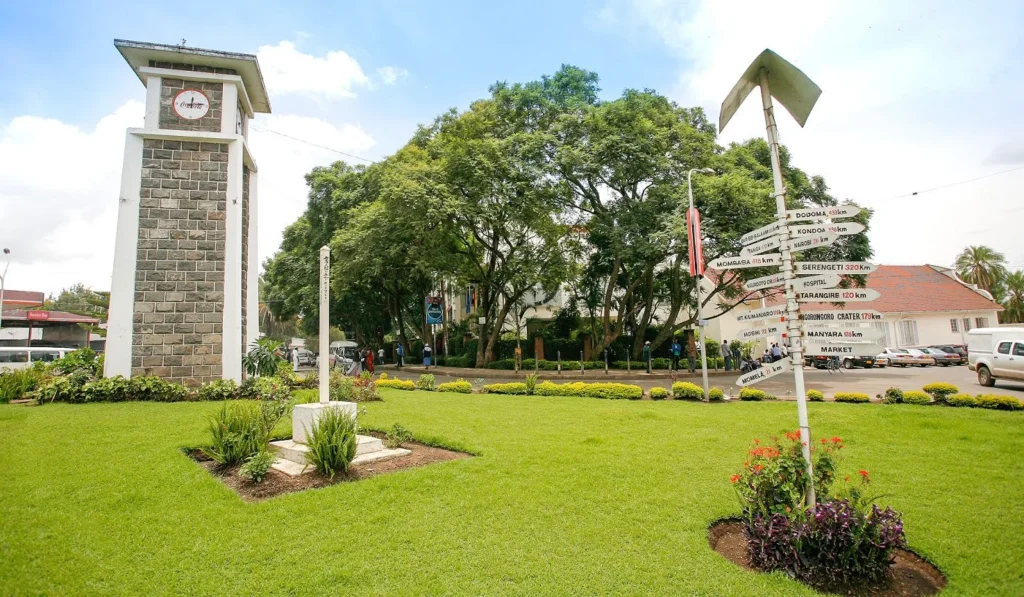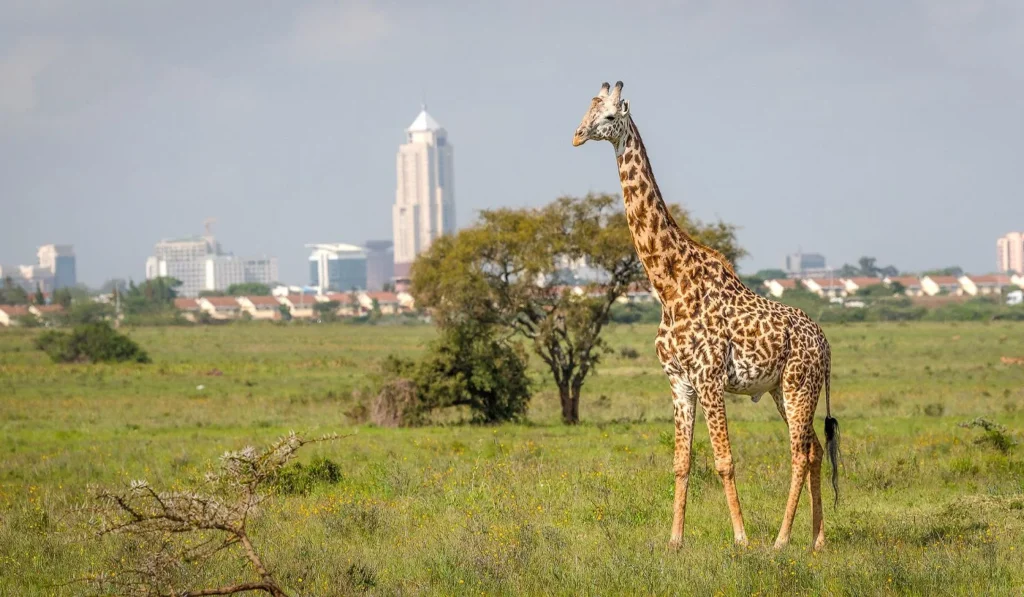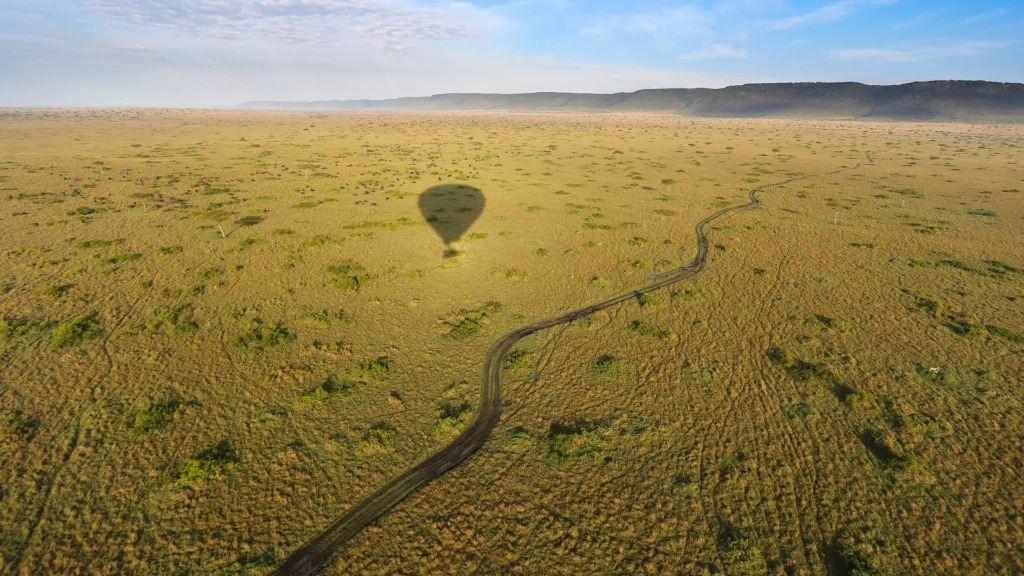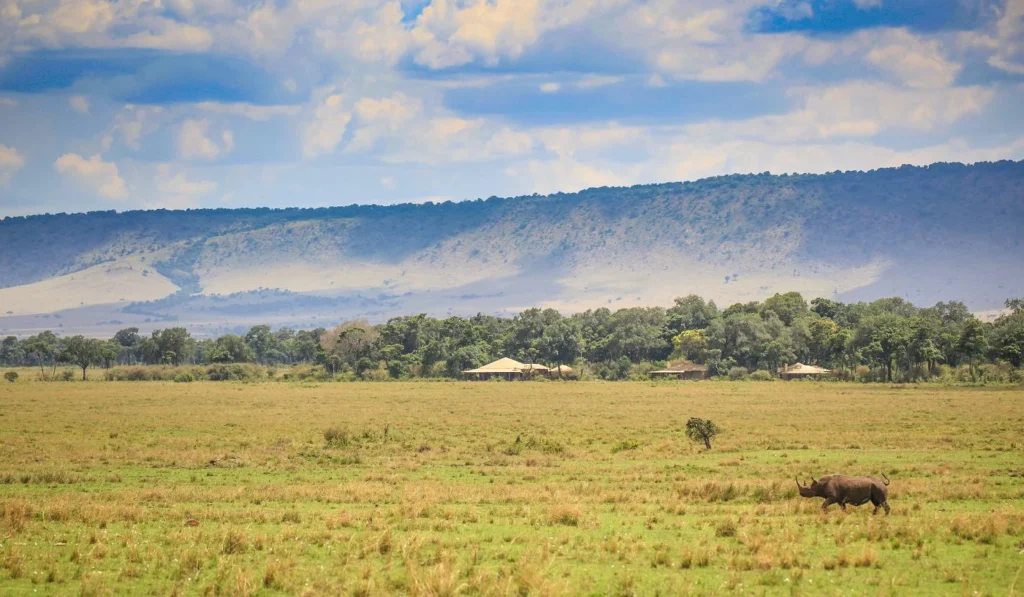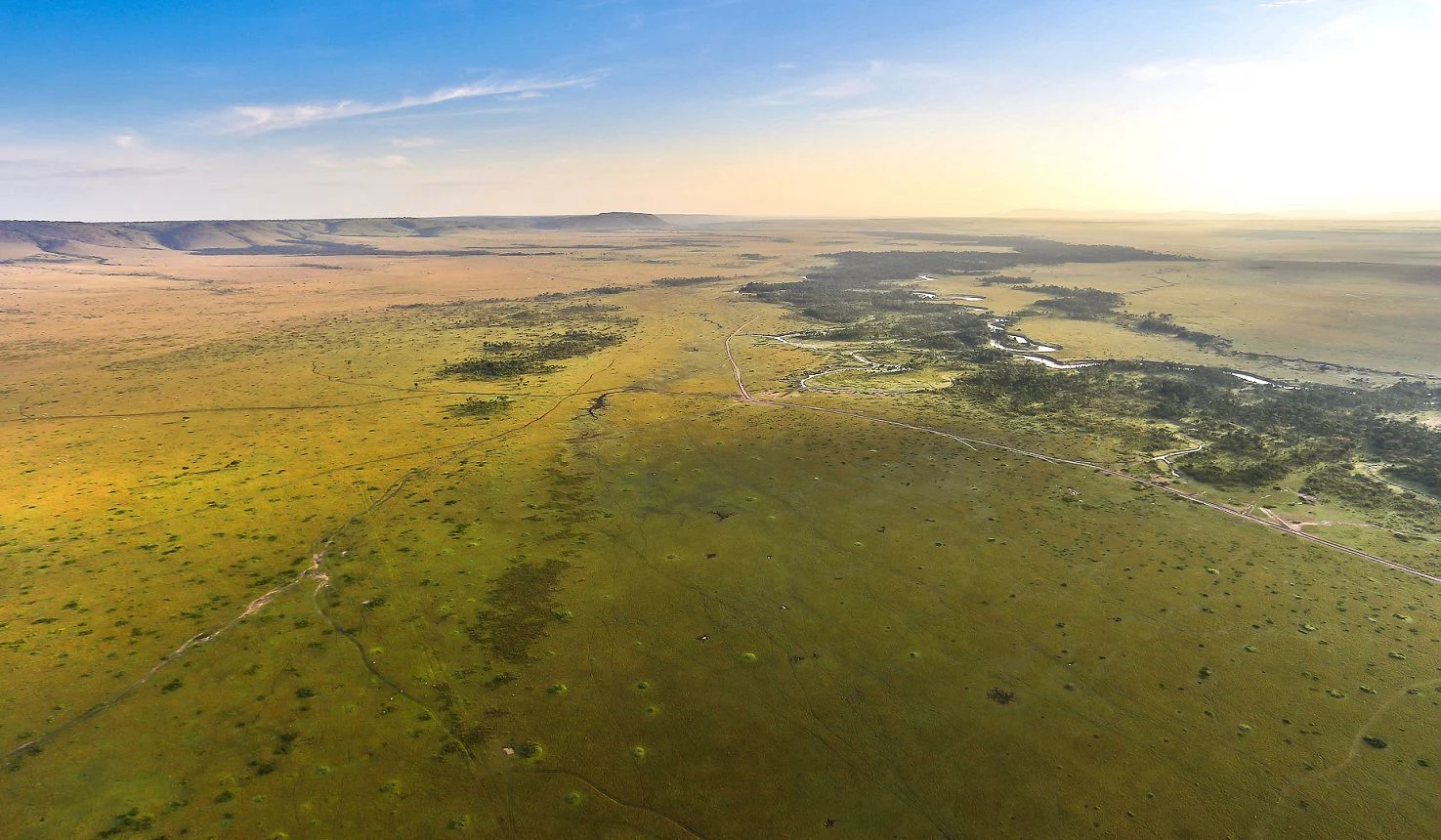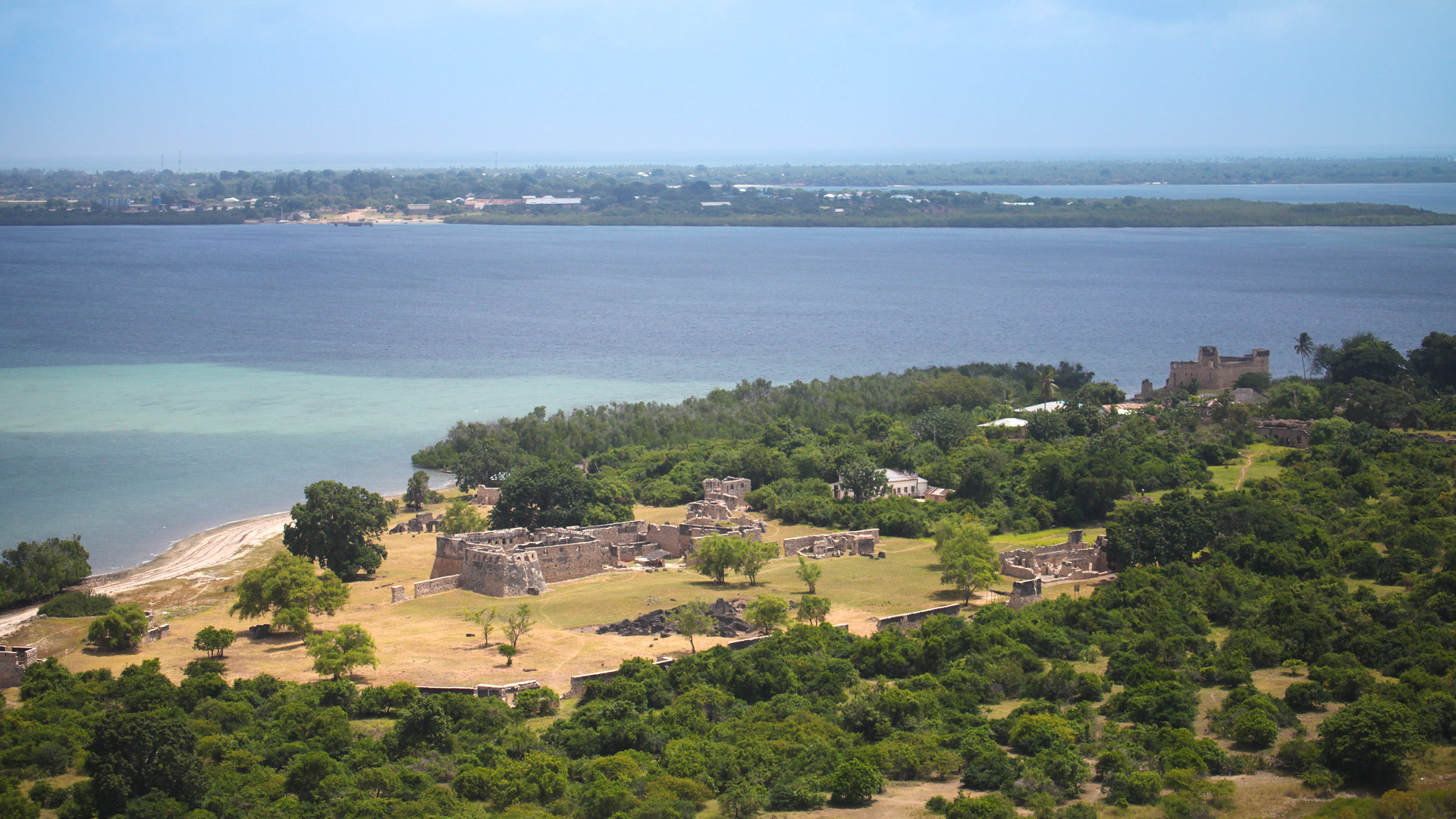
Travel to Kilwa
Kilwa
is a extremely historic area
of the south coast of Tanzania
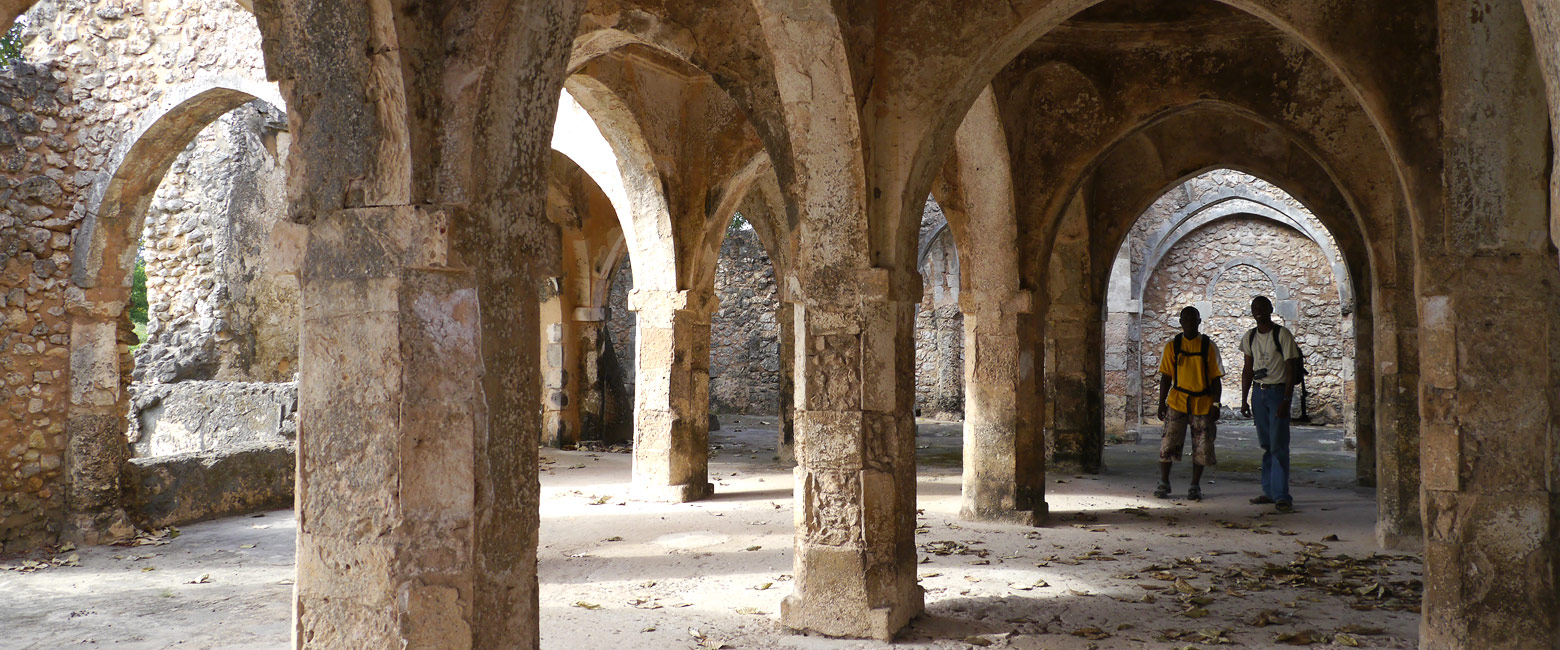
over a thousand years of documented history
Set on the mainland coast of Tanzania, 250 km south of Dar es Salaam, Kilwa is a group of historic coastal settlements in a little-visited part of the Tanzania Coast.
Kilwa Masoko is the more substantial of the three towns and contains most of the modest accommodation.
It is a relatively small and sleepy backwater, pleasant enough but without any sights of particular interest.
Most importantly this is the main base from which to visit the extraordinary ninth century Swahili ruins of Kilwa Kisiwani. This esteemed UNESCO World Heritage Site is sited on an island ten minutes by motorboat across the bay.
For centuries this was the main base for caravans into the interior, notably trading with the gold mines of ancient Zimbabwe. The town was described by travellers as “one of the greatest and most beautiful cities in the world”.
The ancient Swahili ruins are fronted by a more recent Portuguese fort, established in 1505. The beaches are littered with Chinese pottery, demonstrating the extent of the Indian Ocean trade that predated the Portuguese.
The fifteenth century Mukutani Palace is the fortified home of the Omani sultans who once ruled over vast swathes of East Africa. But the most impressive structure is the Grand Mosque, with its collonaded cloisters and elegant domed roofs. Originally founded in the 11th century, the main prayer hall was constructed in 1320.
A 500 year old royal cemetery is tucked away behind an enormous baobab tree.
The island also features a very pleasant village, a lovely place to experience old-style Swahili culture.
Set on the coast some 20 km to the north is the charming backwater of Kilwa Kivinje.
Established in 1810 as an Arab slave trading centre, the town was greatly extended by the German colonists. The town is now a shadow of its former self and most of the local people have reverted to fishing for a living.
Large parts of the old town remain standing, but in a great state of disrepair, providing the place with a unique atmosphere.
A notable monument in the middle of town commemorates the death of two German soldiers, killed when suppressing a local uprising in 1888.
Barely anyone comes to explore Kilwa these days, it is a hidden backwater that belies its historical importance. If you love this kind of backwater and are prepared to jump through a few hoops, then it’s more than possible to include it in a trip.

Gallery
Map
Kilwa is very rarely included in trips, since so few people have a sufficiently deep interest in Swahili history to warrant going so far off the beaten track. The area is also short of decent quality accommodation.
Fanjove Island tends to feature in longer and higher quality trips to Tanzania, where guests have the time and funds to combine a nice long safari on the mainland with at least 4-5 nights out on the beach.
Seasonality
The climate in the Kilwa and Fanjove areas is tropical, with predominantly hot, humid and sunny conditions.
There is rain on most days of the year, usually taking the form of light showers. During the Nov-Dec and Mar-May rainy seasons these can turn into heavy and persistent downpours.
There can also be very strong winds during the May-Jun early dry season period.
The best times down on the coast are therefore considered to be Jul-Oct and Jan-Mar, when there is usually slightly less rain and wind.
Getting there
Access to both Kilwa and the offshore islands including Fanjove is by a daily scheduled air service from Dar es Salaam, with the plane landing at various stops on demand.
Where to stay
Unfortunately all of the accommodation options in the immediate Kilwa area are very simple, but they do provide access to the ruins, as well as offering diving, snorkelling, canoeing and sailing.
Set 40 km to the northeast is the remote and fabulous Fanjove Island is home to a fabulous beach lodge, but it is completely separate from the rest of this Kilwa area.
features in trips disappointingly rarely
let us know your thoughts about Tanzania
and we will help you create the perfect safari
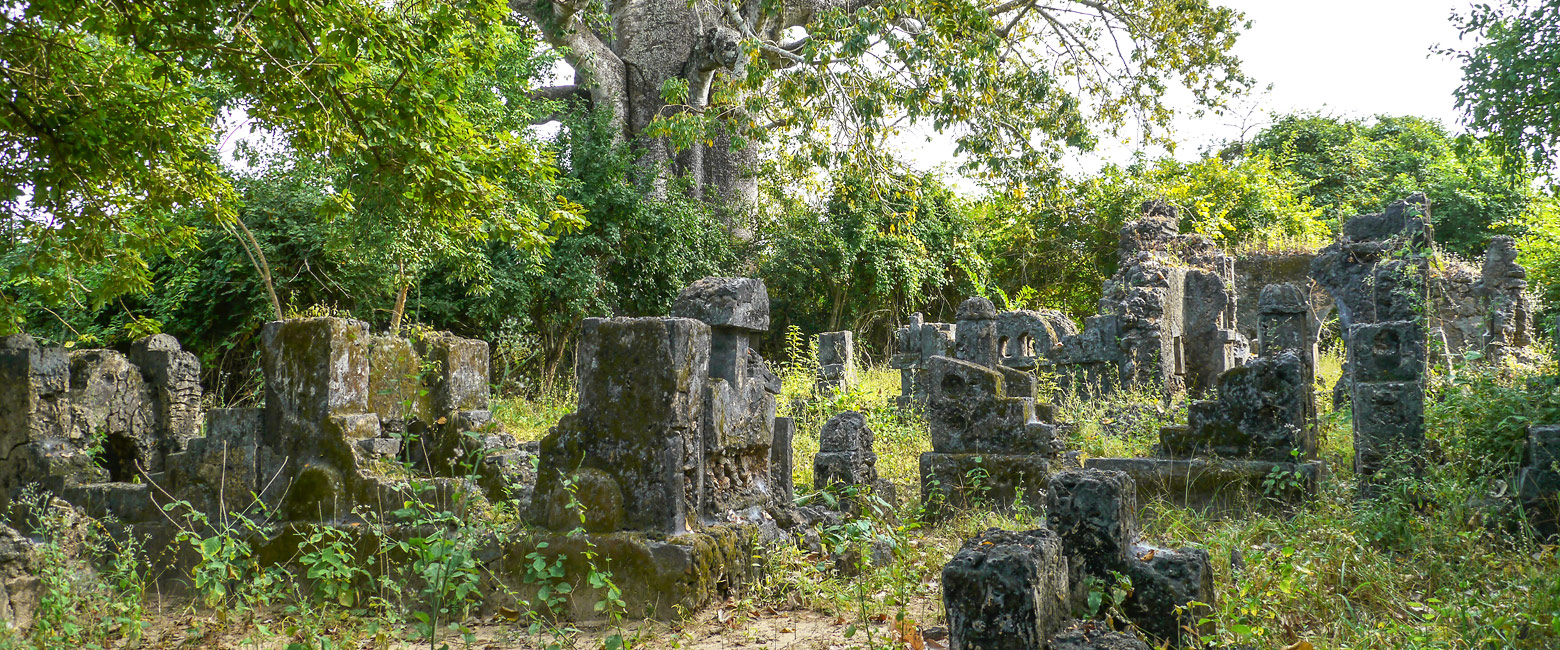
Extraordinary tailor-made adventures,
from earthy and edgy to easy and extravagant
From around USD 2500 per person, you set the ceiling
Sample Trips
Here are some of our popular trip shapes
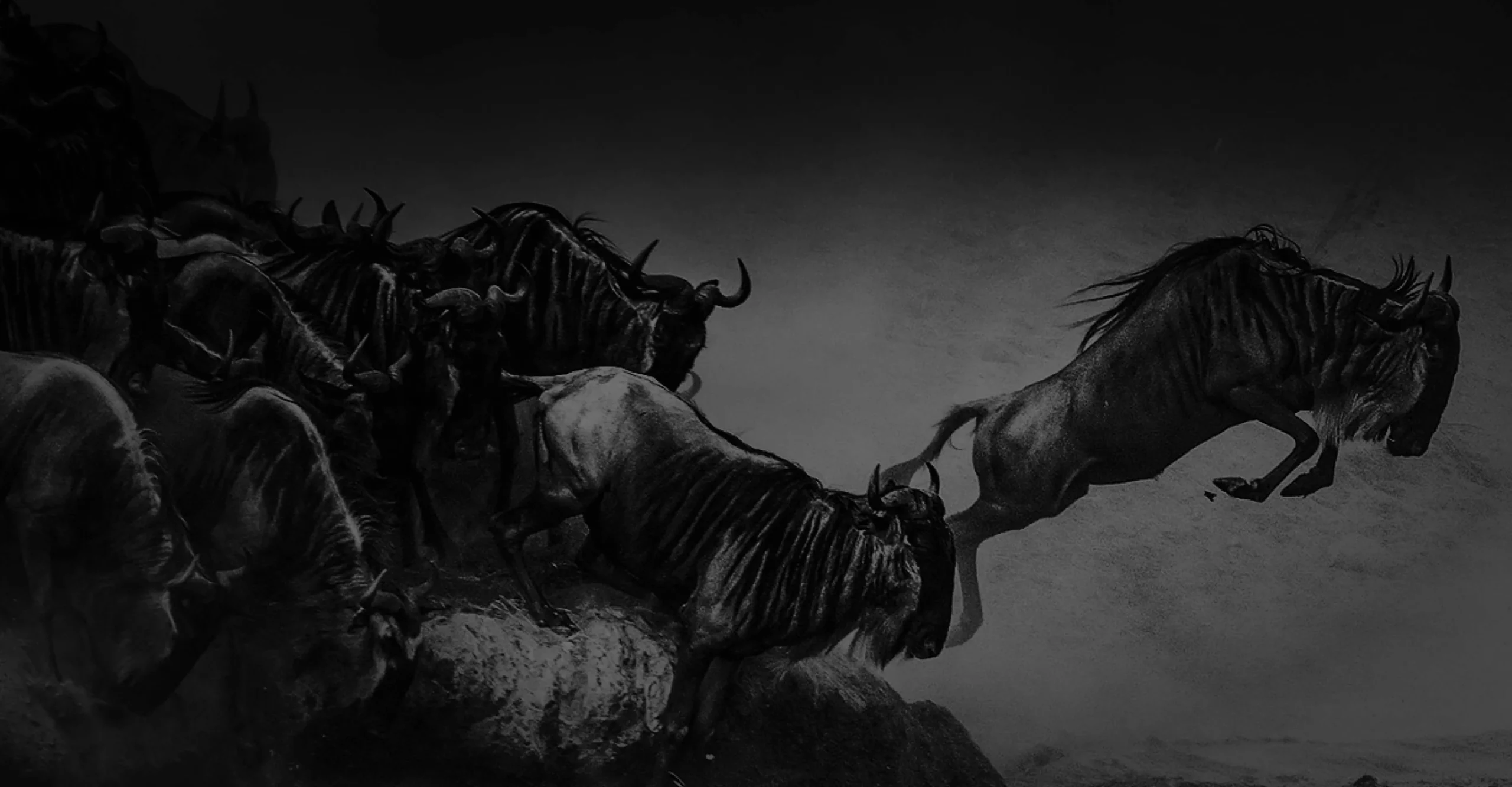
Get started on your trip
It’s never too soon to get in touch, we are here to help with every stage of your planning.
Best Lodges
We regularly inspect and photograph all of the the best lodges, to ensure that we always recommend the most suitable options
Key Locations
Take a look around related locations. Click ‘View more’ to explore locations further afield.
Where Next?
Where Next?
We offer trips to dozens of fabulous countries.
Might one of these might be your next great adventure?

Please rotate your screen.
























